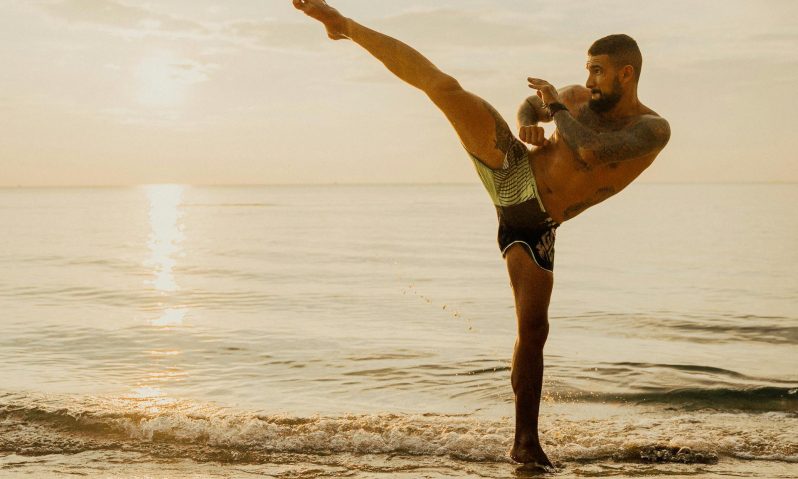Some supplements go as quickly as they became popular in the fitness community, while others stick around. Magnesium remains one of the most popular supplements for health and fitness enthusiasts and athletes because it’s a natural mineral that plays a role in hundreds of biochemical processes in your body.
You can get it from foods like avocado, leafy greens, and nuts like almonds. For the chocoholics out there or those who just enjoy a humble bar of dark chocolate here and there, you’ll be pleased to hear that dark chocolate has high amounts of magnesium. For example, a dark chocolate bar with 70-85% cacao solids provides a nice dose of 230mg of magnesium.
Research shows prolonged soaking in an Epsom salt bath increases blood magnesium concentrations. Even so, many people aren’t getting enough magnesium and could benefit from supplementation. A whole foods diet is the best place to start, but supplementing also has advantages.
What is magnesium?

Magnesium is a natural mineral and a nutrient your body needs for over 300 biochemical reactions and bodily processes, including regulating muscle and nerve function. Approximately half or just over half of the magnesium in your body is present in your bones, with the rest in your soft tissues.
What are the benefits?

Here are just some of the many benefits of taking magnesium:
- Helps regulate nerve and muscle function.
- Helps regulate blood sugar levels and blood pressure.
- Assists your body in making protein, bone, and DNA.
- Promotes heart health.
Low levels of magnesium are linked to a higher risk of depression, and this important mineral also plays a crucial role in brain function and mood. If you aren’t getting enough, taking magnesium supplements could help your mood, and researchers have found it could help with symptoms of depression. Stress has also been shown to deplete magnesium.
Does magnesium boost workout performance?

If you’re exercising regularly, you might need more magnesium because it helps transport blood sugar into your muscles and dispose of lactate. Lactate can accumulate during exercise and make you feel more groggy and tired, impairing your workout performance.
More research is needed specifically on sports performance as the results overall are mixed, but some studies conclude that magnesium intake is associated with enhanced strength performance in athletes, including in elite basketball, handball, and volleyball players.
In summary

With most people not getting enough in their diets, taking a magnesium supplement could be beneficial. The potential benefits range from improving heart health to regulating blood pressure. Personally, after a long soak in an Epsom salt bath and after taking a magnesium supplement or an electrolyte powder containing magnesium, I always feel just a little bit more relaxed, including my mind and my muscles.




